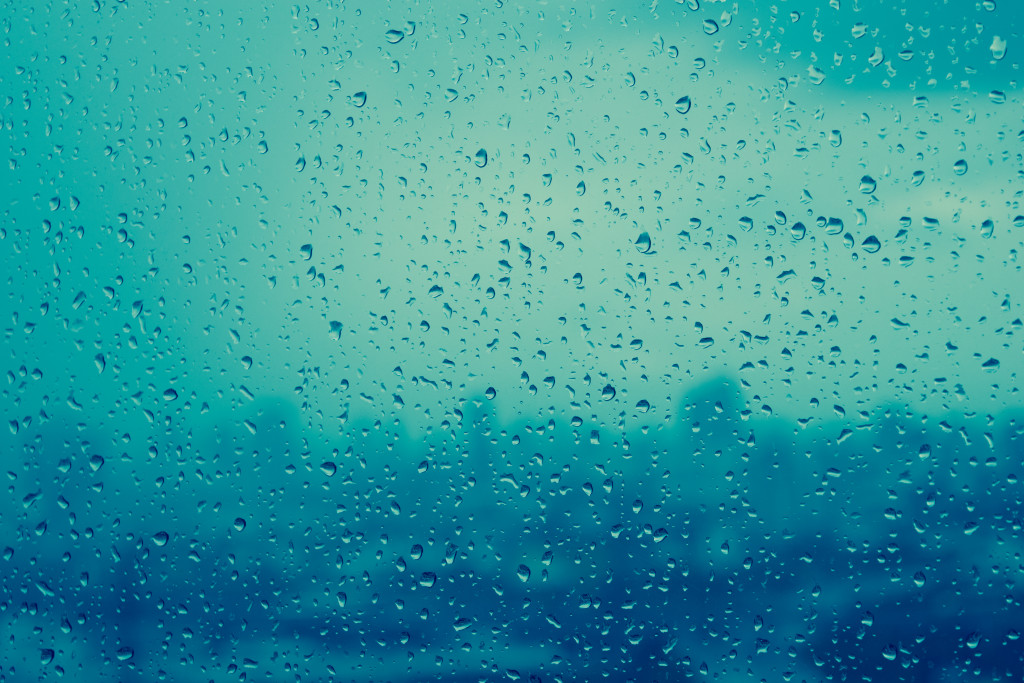- Rainy weather, especially in prone areas in the U.S., can cause significant damage to homes.
- The main issues include water-damaged roofs, wet basements, flea infestations, mold growth, and foundation damage.
- Quick remedies are available for each problem, but professional services may be required for extensive damage.
- Home renovations like waterproofing, new gutters, roof replacement, and window replacement can make homes rain-resistant.
- Preventive steps and quick repairs can help maintain a safe and dry home during rainy seasons.
Rainy weather is a natural occurrence that can cause severe damage to your home, especially if it persists for an extended duration. As a homeowner, you must take some steps to keep your home secure and dry during rainy seasons. Here’s what you need to know about rain in the U.S., how it can affect your home, and renovation options to ensure your home is prepared against the rain.
Rain in The U.S.
Some places in the U.S. are more prone to rain than others. The average annual precipitation varies from location to location, ranging from 10 to 60 inches annually. The most rain typically falls along the Gulf Coast and Atlantic Seaboard regions of the U.S., while the Midwest and Western states generally receive less rainfall.
Additionally, the country is also prone to various storms and cyclones. It’s estimated that the country experiences 14 named storms annually. These storms can bring heavy rain and wind, leading to flash floods and other property damage.
Potential Damage to Your Home
Rainy weather can cause several different forms of damage to your home, including:

1. Water-Damaged Roof
When it rains for an extended period, water leakages can occur. This can damage the roof shingles and expose your home to the elements. Ignoring this issue can lead to a costly roof replacement. Cleaning the gutters and replacing damaged shingles is a quick remedy. However, consider hiring a professional roofing service to check for extensive damage. They can fix or replace your roof and help keep your home safe.
2. Wet Basement
A wet basement is an unhealthy and unsafe situation. Regardless of the reason behind the flooding, you need to find the source and provide a remedy immediately. Poor drainage, leaking foundation walls, or clogged gutters can cause wet basements. Some quick fixes include installing sump pumps, improving yard drainage, and fixing foundation cracks.

3. Flea Infestation
Wet surfaces attract fleas and other pests that can infest your home. Fleas can cause itchy bites and transmit diseases to both humans and pets. Regular vacuuming and pest control measures can prevent flea infestation in your home. Make sure to keep your lawns trimmed and pet areas sanitized.
4. Mold Growth
Mold growth is a common issue among homes during rainy seasons. It usually starts in damp, dark places like basements, attics, and bathrooms. Mold growth can cause respiratory illnesses and allergies if left unaddressed. Regular cleaning, proper ventilation, and air circulation can prevent mold growth. If it has already spread, hiring a professional to remove it is best.
5. Damage to the Foundation
Continuous rainfall can cause water to seep into your home’s foundation when the soil around your home becomes saturated. This can lead to foundation cracks, which can destabilize your home. Repairing foundation cracks can be costly, but early detection is essential. Check your home’s foundation regularly and watch for signs of damage like uneven floors or wall cracks.
Home Renovations For a Rain-Resistant Home
Thankfully, there are also proactive renovations to make your home more resistant to rain. Here are four of your options:
Waterproofing
Your home can be waterproofed from both inside and out. This process can make your home resistant to rainwater intrusion and its consequences like mold growth. It can also protect your walls and ceilings from water damage and help preserve your home’s foundation.
New Gutters
Installing new gutters is one of the best ways to keep water away from your home. It’s important to ensure that your gutters are regularly cleaned so they don’t get clogged and overflow during heavy rain. Installing underground drainage systems is also a great way to divert water from your home’s foundation.
Roof Replacement
If you’re dealing with frequent roof leaks, it might be time for a replacement. This is especially important if your roof is more than 20 years old. A new roof will keep your home safe from the elements and prevent damage to the interior.
Window Replacement
Older windows are prone to leaking air and letting in water during storms. Replacing them with high-quality, energy-efficient windows can ensure that air and water stay out of your home. Investing in impact-resistant windows that withstand heavy rain and wind is a good idea.
Rainy weather can damage your home, but taking the proper precautions can ensure that your home is safe and dry during these seasons. Make sure to take steps for prevention and repair any issues that come up quickly and correctly, and you should be able to keep your home safe from the rain.

